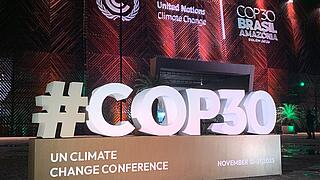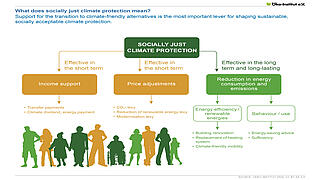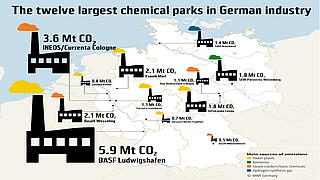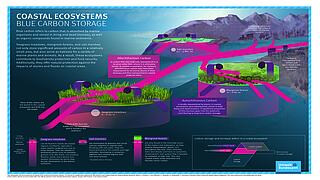The energy transition is an ambitious project for the whole of society: it involves nothing less than the restructuring of the entire energy supply. For the power generation sector, this means moving away from fossil fuels to clean renewable energies. On the demand side, energy-saving behaviour, energy-efficient appliances and homes and low-carbon heating systems are the way forward. Alongside its environmental benefits, however, the energy transition also has various social impacts. The public is affected to varying degrees by energy transition measures and projects: for example, spending on electricity and heat causes disproportionate financial burdens for certain groups, and while jobs may be created in some sectors, job losses may occur in others. The overall frameworks established by government must therefore always take the energy transition’s social impacts into account.
The Oeko-Institut works on the social dimensions of the energy transition. Its researchers look at the contributions that diverse groups can make; they also investigate the inequitable impacts on various socioeconomic groups and consider how targeted support can be provided to ensure that the transformation of the energy supply and energy use is fair and sustainable.













